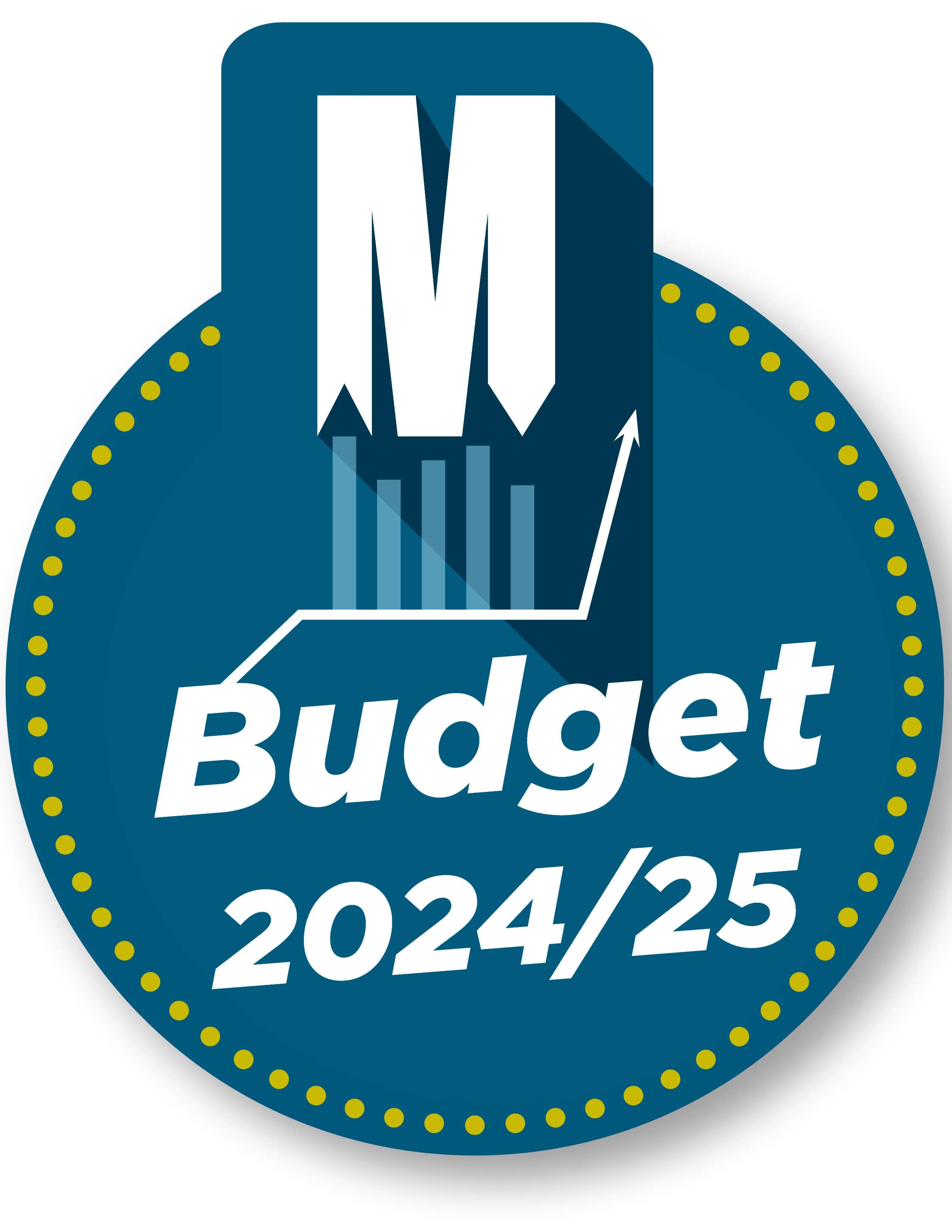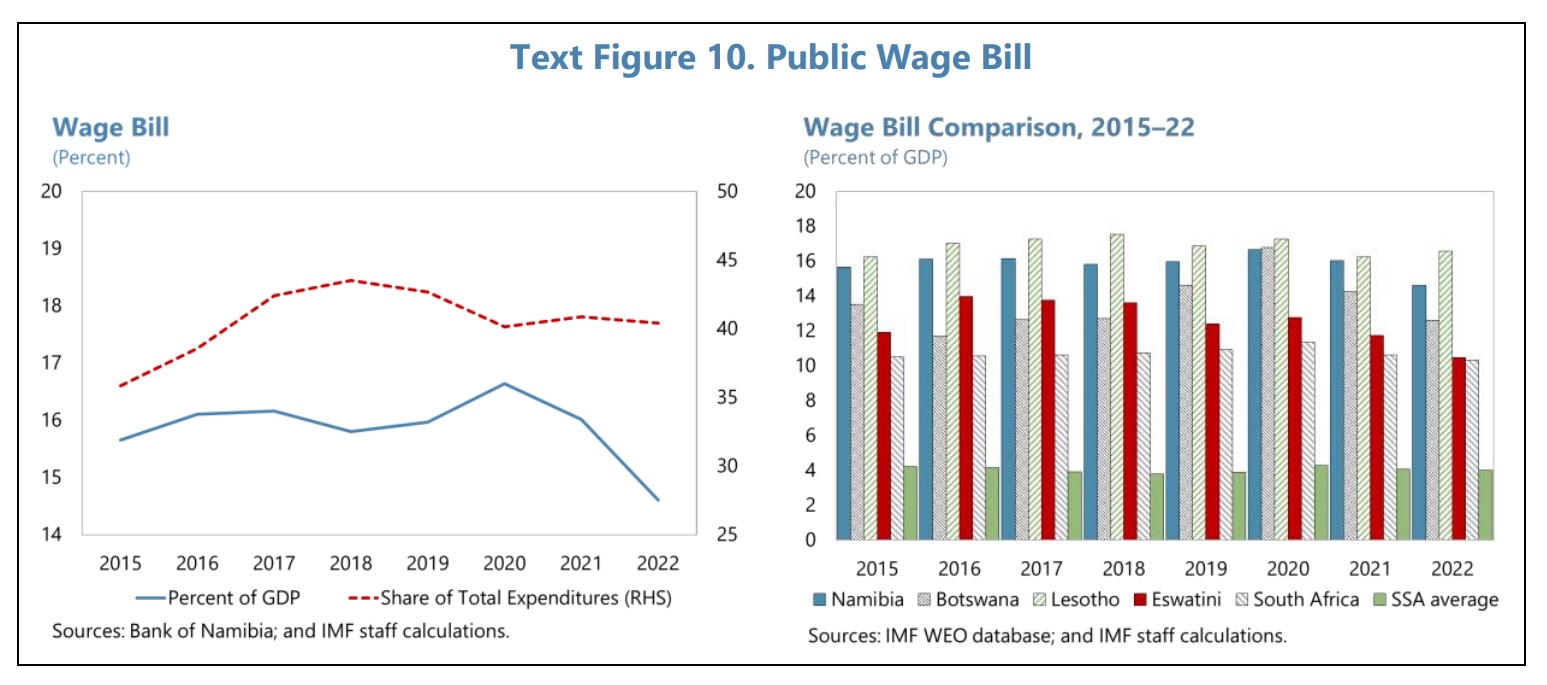No big salary hike for civil servants
Below-inflation adjustments
Namibia’s total public sector wage bill in 2024/25 is anticipated to be one percent higher than that of the previous fiscal year, as promised increases become effective in April.Finance minister Iipumbu Shiimi will table the 2024/25 Budget in parliament next Wednesday.
According to the mid-year budget review (MYBR), which Shiimi tabled last October, the total wage bill is estimated to rise from N$32.82 billion in 2023/24 to N$33.19 billion in 2024/25.
According to Cirrus Capital, the increment amounts to an increase of N$600 in monthly salaries for grade 14 and 15 staff members, and an overall 5% increase on the basic salary of staff members of the remaining grades.
“This wage adjustment comes after periods of sustained high inflation have seen a deterioration of purchasing power,” Cirrus said in its 2024 Economic Outlook.
This year’s salary increases will be the second only since 2017, Cirrus pointed out. The last time civil servants received an increase was in 2022/23, when their remuneration rose by 3%.
“While the wage bill has been a major concern and challenge, the relative discipline on these fronts, despite the pressures, must be commended,” Cirrus said.
Reform
The International Monetary Fund (IMF) in its 2023 Staff Report, released in December, again called for a comprehensive civil service reform, “not only to rein in government spending durably, but also to improve its efficiency”.
Namibia’s public sector wage bill, accounting for about 40% of public expenditures, is one of the highest among countries in the Southern African Customs Union (Sacu), the IMF said.
Moreover, public wages in Namibia carry a high premium compared to the private sector, which discourages entrepreneurship,” the Fund cautioned.
“While the wage bill control measures applied in recent years have likely contributed to reducing the premium, the resulting erosion of public sector wages is not sustainable as it risks undermining the quality of public services,” according to the IMF.
Review
A comprehensive civil service reform, which was originally planned for 2022/23 to 2023/24, is still needed to rein in public wage bill growth, increase civil service efficiency and improve human capital allocation, the IMF urged.
“To prepare the ground for the reform, a functional review of the civil service needs to be completed, and an incentive-compatible programme of early retirement adopted.”
According to the Staff Report, Namibian authorities remain committed to fiscal consolidation and supporting public finance management (PFM) reforms.
“While acknowledging that the comprehensive civil service reform has lagged, they [government] stressed that mitigating measures taken so far reduced considerably the weight of the wage bill,” the IMF said.
In the context of fiscal consolidation, the government expressed potential interest in receiving technical assistance for wage bill reform if funding is secured, according to the Fund.





